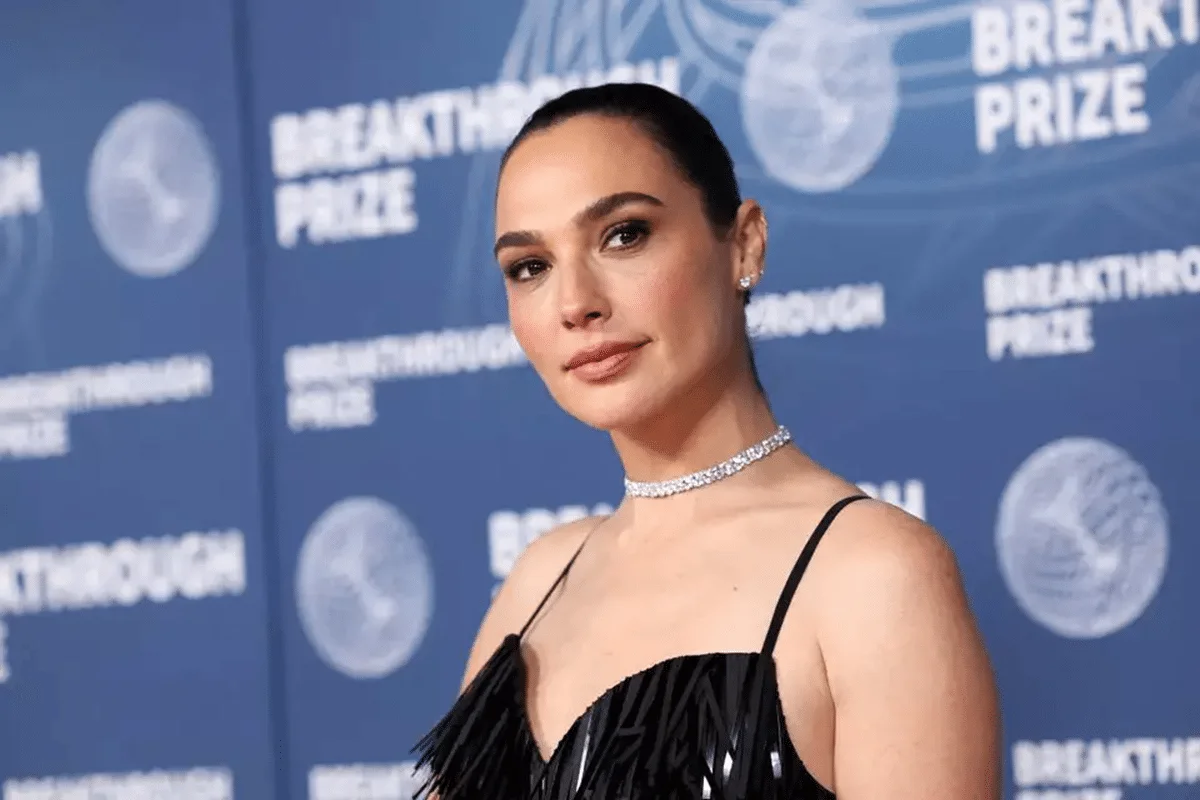Gal Gadot’s outspoken support for Israel has stirred intense international discussions, particularly amid recent escalations in the Gaza conflict. This Gal Gadot Israel support controversy has now reached a high-profile moment as she opts to skip the prestigious Venice Film Festival in 2024, allegedly due to fear of protests and backlash surrounding her political stance.
Since 2014, Gadot has publicly intertwined her celebrity status with Israel’s complicated political landscape, a move that continues to evoke mixed reactions from fans, critics, and political groups worldwide. Her experience underscores the challenges public figures face when their personal convictions intersect with global conflicts.
History of Gal Gadot‘s Public Positions on Israeli-Palestinian Issues
Gal Gadot’s engagement with the Israeli-Palestinian conflict has been visible for nearly a decade. During the 2014 Gaza War, she shared a photo with her daughter praying before Shabbat candles and condemned Hamas as
“cowards hiding behind women and children,”
igniting strong debates online.
In the years that followed, Gadot’s political stances evolved amid continuing turmoil. She publicly criticized then-Prime Minister Benjamin Netanyahu’s nation-state law, advocating for equality, peace, and tolerance. However, some critics faulted her for not adopting a more forceful political position.
Her decision to remain silent during the 2021 crisis drew substantial criticism in Israeli media, especially from nationalist groups demanding unequivocal support for Israel. When she referred to Palestinians as “neighbors” in a call for peace, backlash intensified, with some interpreting her words as an equivocal stance.

Despite the persistent pressures, Gadot maintained a measured approach, supporting Israeli cultural figures such as Eurovision contestant Noa Kirel, and later engaging in initiatives aimed at fostering Jewish unity internationally during increased antisemitism and hostage situations.
Escalating Tensions Lead to Gal Gadot‘s Absence from Venice Film Festival
Amid heightened tensions following the latest Gaza conflict, Gal Gadot’s absence from the Venice Film Festival has become a focal point. The festival, set to premiere her new film The Hand of Dante, is bracing for protests and demonstrations tied to her pro-Israel stance.
Artists 4 Palestine, a pressure group, called for a boycott of Gadot and her co-star Gerard Butler, accusing them of endorsing “genocide.” Festival organizers, however, have voiced their commitment to artistic freedom while expressing sorrow over civilian casualties in Gaza.
Italian politician Isabella De Monte publicly defended the festival against calls for a boycott, asserting,
“It’s good that Biennale President Pietrangelo Buttafuoco emphasized this to the 1,500 artists who were calling for a boycott of Gal Gadot and her film with Gerard Butler. A reckless protest, because in the eyes of those protesting, Gadot’s only crime is being Israeli. The Venice Film Festival deserves respect.”
—Isabella De Monte, Italian Politician
This political turbulence coincides with reports of tension between Gadot and her Snow White co-star Rachel Zegler, which critics say further marred the film’s public reception. By choosing not to attend the festival, Gadot appears to be attempting to minimize distraction and avoid confrontation amid the charged atmosphere.
Gal Gadot Attributes ‘Snow White’ Box Office Failure to Political Backlash
Gal Gadot has openly linked the disappointing commercial performance of Snow White, in which she played the Evil Queen, to the backlash she faced because of her Israel support during the Gaza conflict. She expressed personal enjoyment of the filming experience, especially her working relationship with Rachel Zegler.
“I really enjoyed filming that movie, I really had fun. Even working alongside Rachel Zegler. We laughed and we talked, we had fun. I was positive the movie was going to be a huge hit. And then October 7th happened, and what happened all over in different industries, not just Hollywood, there was a lot of pressure put on celebrities, actors, creators to post against Israel.” —Gal Gadot, Actress
Despite her enthusiasm for the project, Gadot acknowledged that the events of October 7th dramatically altered the entertainment industry’s climate, pressuring artists to take public stances. She reflected on the outcome with a balanced perspective:
“You win some, you lose some.”
—Gal Gadot, Actress
Her candid admission highlights the complex intersection of geopolitics and entertainment, revealing how public opinion and activism can significantly impact the careers of celebrities caught in international disputes.
Balancing Celebrity, Identity, and Activism Amid Rising Global Divides
Gal Gadot’s ongoing involvement with Israel and the political criticism she encounters illustrate the difficulties celebrities face when navigating contentious issues. Her public expressions support Jewish unity and artistic collaboration but also draw polarized reactions from various communities worldwide.
Through supporting Israeli artists like Noa Kirel, engaging in campaigns such as Voice of the People alongside President Isaac Herzog, and responding to criticism regarding symbolic gestures like wearing a yellow ring at the Golden Globes instead of a yellow ribbon, Gadot continues to shape her narrative within this debate.
The responses to her actions raise broader questions about whether public figures can maintain authenticity amid intense global scrutiny or must balance competing demands from their diverse audiences.
What Future Awaits Gal Gadot at the Crossroads of Art and Politics?
As Gal Gadot stands at the intersection of entertainment and activism amid the ongoing Israel–Palestine conflict, her choices will likely influence her career trajectory and public image. Her decision to avoid the Venice Film Festival may be a strategic effort to sidestep further controversies while allowing her work to be judged independently.
Moving forward, Gadot’s experience could serve as a case study in how celebrity advocacy interacts with international crises, highlighting the risks and responsibilities tied to public statements in a highly divided world. Public and industry reactions in the coming months will be critical in shaping both her path and the broader discourse on celebrities’ roles in political conflicts.
